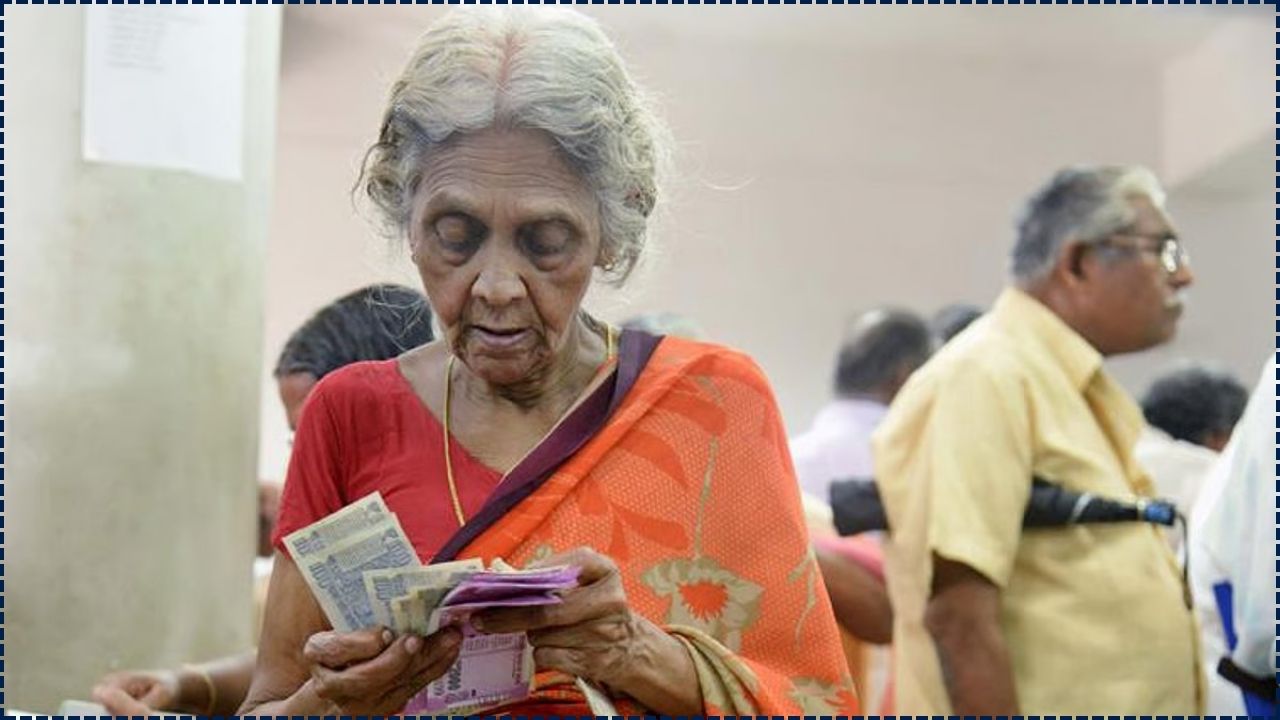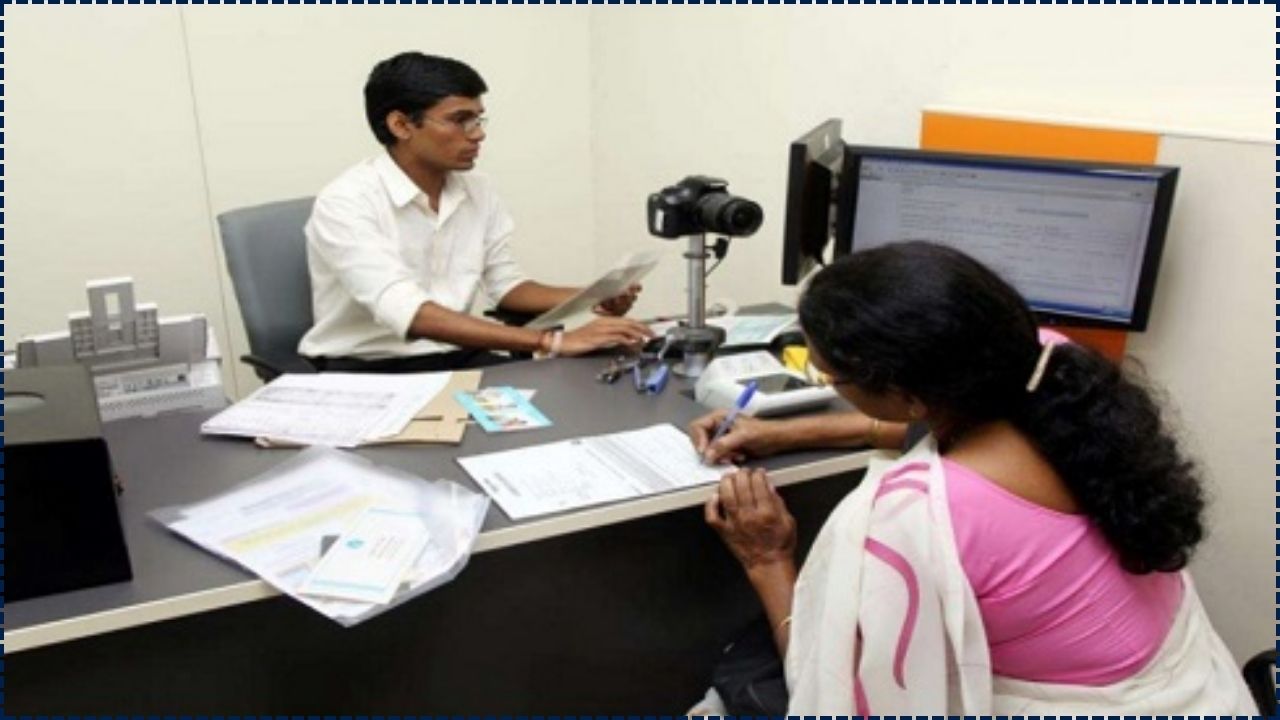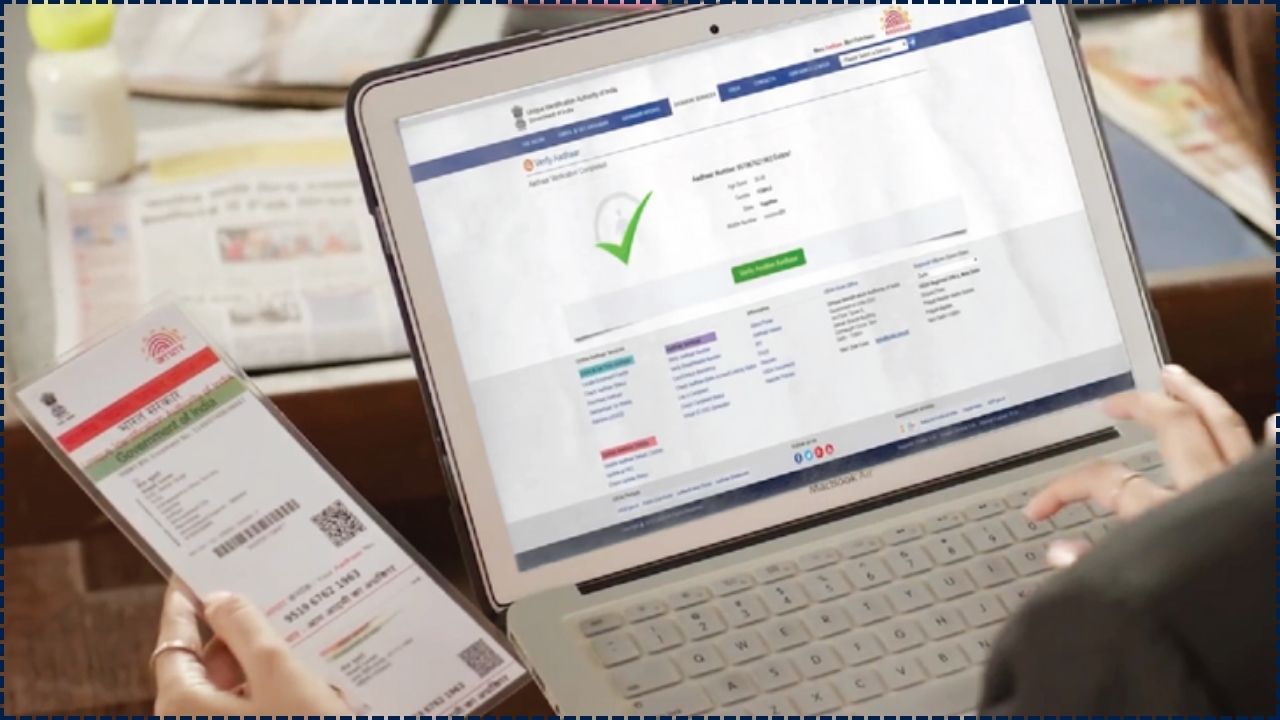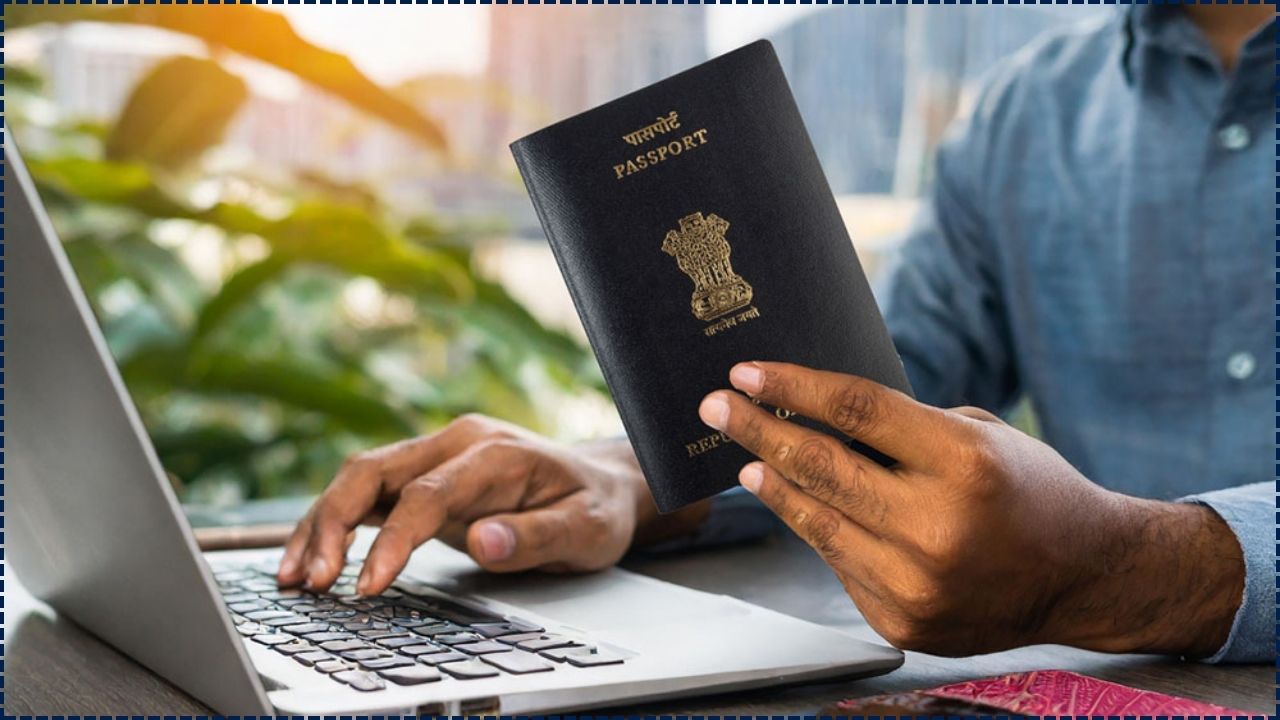India’s online property document verification through state portals stands as a compassionate cornerstone for empowering buyers, sellers, and lenders, particularly those from vulnerable and underserved communities, by offering a transparent and convenient system that safeguards their legal and financial security with dignity. By streamlining access to verified records, this initiative fosters trust and inclusion, enabling individuals to confidently navigate property transactions.

Experts underscore the importance of vigilance and reliance on official government sources to ensure safety, uniting communities, authorities, and stakeholders in a shared mission to create an equitable, secure framework that protects every citizen’s aspirations and nurtures hope for a stable, prosperous future in India’s evolving digital landscape.
Indian citizens can now verify property documents online using official state portals, reducing fraud and increasing transparency. The process provides access to ownership details, sale deeds, and encumbrance records, ensuring buyers and sellers can confirm legitimacy before transactions.
Why Property Document Verification Matters
Property transactions in India have long been vulnerable to disputes, forged deeds, and unregistered encumbrances. Verification of documents ensures legal ownership, prevents fraudulent sales, and provides a clear history of transactions.
According to the Ministry of Rural Development, digital land records initiatives form part of the Digital India Land Records Modernisation Programme (DILRMP). The goal is to standardise records and provide citizens with reliable online access to crucial data.
Verify Property Documents Online
1. Access the Official State Portal
Each state operates its own land records website. Examples include Bhoomi in Karnataka, AnyROR in Gujarat, Mee-Bhoomi in Andhra Pradesh, Dharani in Telangana, and Mahabhulekh in Maharashtra.
2. Collect Required Details
Citizens must input specific identifiers such as the survey number, khata number, or document number. In Andhra Pradesh and Telangana, verification often requires the Bhudhaar or Unique Land Parcel Identification Number (ULPIN).
3. Perform the Online Search
Most portals provide access to:
- Record of Rights (RoR), detailing ownership and property dimensions.
- Sale deed verification, using document number and registration year.
- Encumbrance certificates (EC), showing mortgages, liens, or pending dues.
4. Download and Cross-Check Records
Digitally signed PDFs can be downloaded. Experts advise matching names, registration numbers, and dimensions with physical documents to ensure consistency.
5. Address Discrepancies
If discrepancies are found, citizens must approach the Sub-Registrar Office (SRO) or relevant revenue authority for rectification.
State Innovations in Property Verification
- Madhya Pradesh launched Sampada 2.0, a paperless system integrating video KYC, e-stamps, and instant digital certificates. It won a National e-Governance Gold Award in 2025.
- Maharashtra announced plans to link its property registration portal with MahaRERA, enabling real-time verification of real estate project registrations.
- Uttar Pradesh and Delhi have integrated GIS mapping to display land boundaries alongside ownership data, helping citizens cross-check physical plots with cadastral records.
“These systems significantly reduce fraud and bring confidence to property transactions,” said Dr. Ramesh Kumar, a land governance expert at Jawaharlal Nehru University.
Related Links
A Beginner’s Guide to Filing Income Tax Returns Online in India
Mapping Development: An Analysis of Indian State Performance Using NDAP Data
Risks and Cautions
While online portals provide easier access, fraudulent websites mimicking state platforms remain a risk. Citizens are urged to use only official domains ending with .gov.in.
Cybersecurity experts also caution that reliance on online records should not eliminate professional due diligence. “Online verification is an essential first step, but legal consultation and site visits remain necessary,” said Anjali Mehta, a real estate lawyer in Mumbai.
The Bigger Picture
Digital property verification reflects India’s wider effort to modernise governance and curb corruption. For citizens, it reduces bureaucratic delays and offers transparency, but it also requires digital literacy and internet access—areas where rural India still faces challenges.
As states expand online property services, experts believe that integration of land records, registration, and judicial databases will further enhance trust in India’s property market.
















